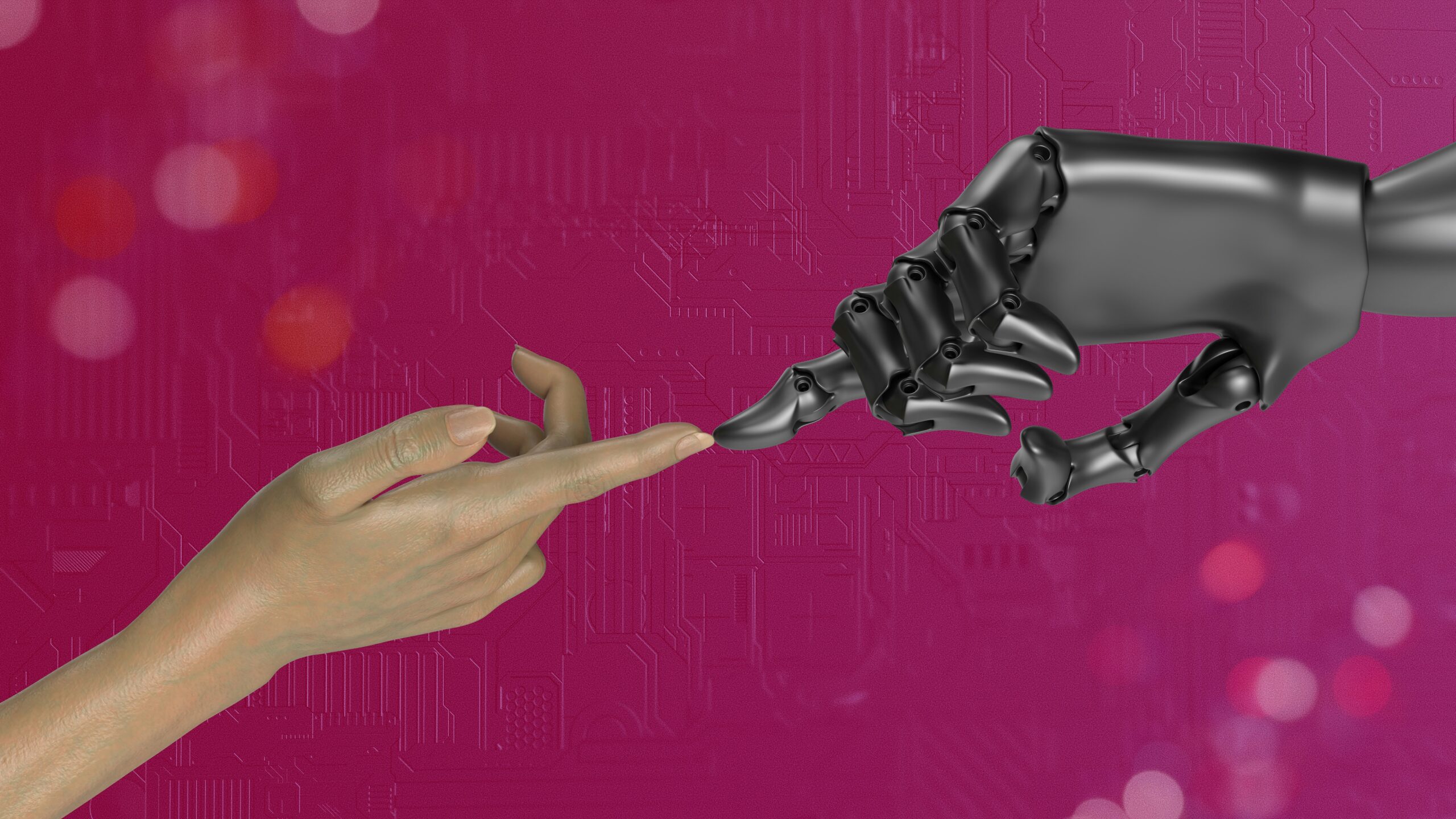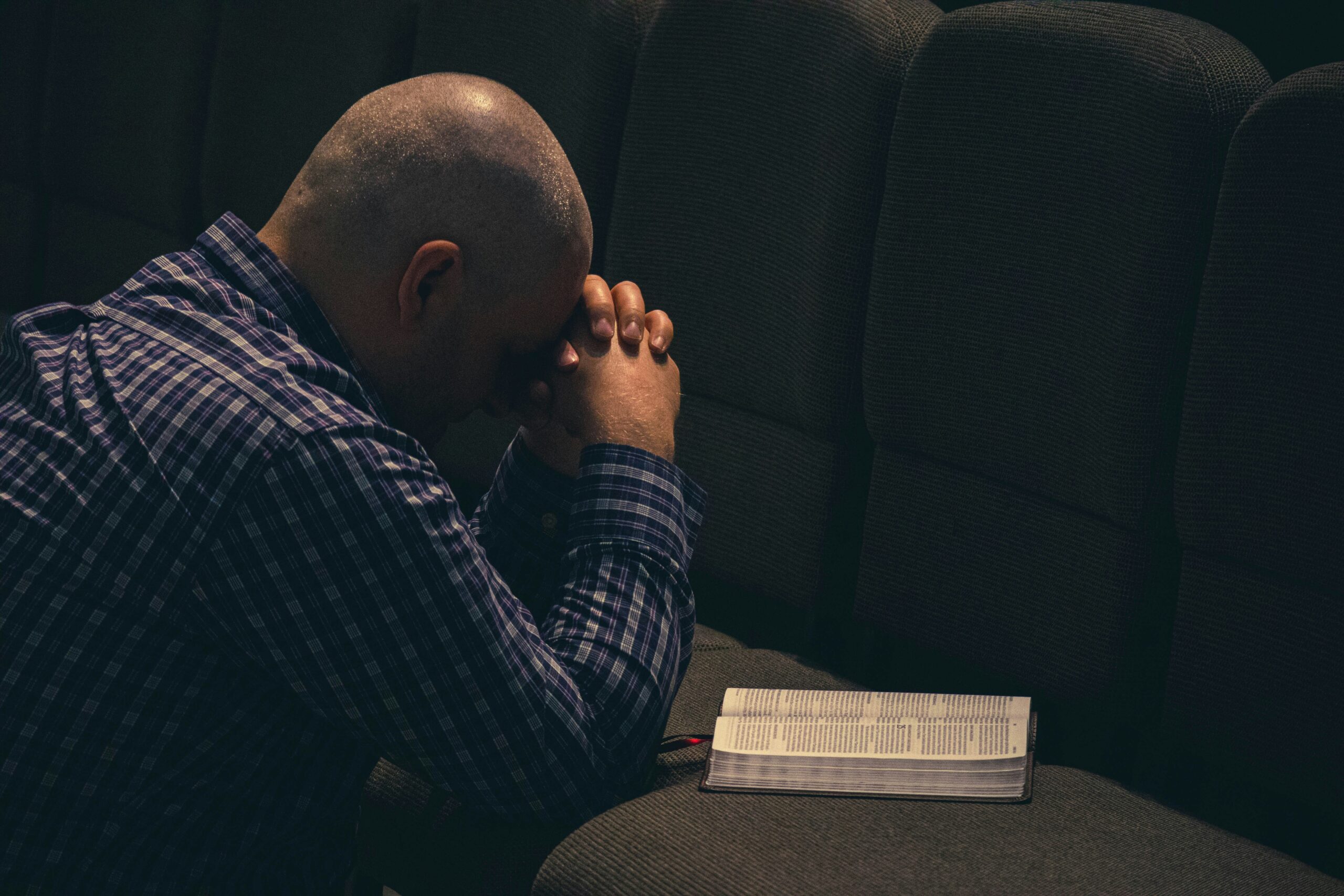
9 Facts Psychologists Wish You Knew About Decision Fatigue
Decision fatigue may sound like a modern dilemma, something caused by too many brands of cereal or smartphone notifications. However, the reality is far deeper. Doctors and psychologists have been observing it for decades: our brains get tired, just like our bodies do, and that mental fatigue impacts our ability to make good choices.
In a world filled with a myriad of options, complexity, and rising demands, understanding decision fatigue is key to living wisely, peacefully, and purposefully. Here’s what professionals wish everyone knew—plus how this insight can help you live not only more effectively, but more faithfully.
#1: Your Brain Has a Daily Limit for Good Decisions
Each day, you wake up with a limited reserve of mental energy. It’s like having a battery that slowly drains with every decision you make. The more decisions you face, the faster that battery runs out. By the end of the day, even simple choices like what to eat or whether to respond kindly, can feel exhausting.
Medical professionals and cognitive scientists have consistently found that decision-making depletes the brain’s executive function. That’s why many people start their mornings with good intentions, only to give up on goals or make poor choices by evening.
Being aware of your “decision budget” helps you steward your mind wisely, especially for things that align with your values and priorities.
#2: Small Decisions Add Up Faster Than You Think
It’s tempting to believe only the big decisions drain us such as changing jobs, buying a house, having a tough conversation. But in reality, it’s the mountain of small, everyday choices that chip away at our mental clarity: what to wear, what to eat, which email to answer first, which person to respond to.
Each tiny decision may seem harmless on its own, but collectively they can overwhelm your brain’s ability to stay focused and intentional. That’s why so many experts recommend simplifying daily routines, such as pre-planning meals, setting out clothes the night before, or having go-to options for common decisions.
This isn’t about becoming robotic; it’s about creating margin, so you have more mental space for the people, problems, and spiritual battles that really matter.
#3: Decision Fatigue Often Leads to Poor Health Choices
Doctors regularly encounter patients who skip medications, delay appointments, or abandon healthy habits – not out of carelessness, but out of mental exhaustion. By the time evening rolls around, the effort required to cook a healthy meal, exercise, or even refill a prescription can feel insurmountable.
Psychologists warn that when we’re depleted, we default to what’s easiest and not what’s best for us. Unfortunately, that often means fast food, screens, or numbing behaviors. Being aware of decision fatigue can help you plan in advance for health. This includes stacking routines, setting reminders, or even preparing in the morning what you’ll eat or do later in the day.
It’s a form of self-care and ultimately, stewarding the body God gave you.
#4: It’s Not Laziness, It’s Cognitive Overload
One of the most damaging myths around decision fatigue is that it’s simply laziness. But from a clinical standpoint, it’s a form of mental exhaustion caused by overload, not character weakness.
The part of the brain responsible for decisions, your prefrontal cortex, functions like a muscle. The more it’s used, the more it tires out. When it’s overworked, your brain defaults to shortcuts, avoids hard choices, and struggles to regulate emotions.
This truth should lead to more grace, not guilt. Knowing your limits is a form of humility and wisdom!
#5: Fatigue Increases Impulsivity and Makes Saying “Yes” More Likely
Research shows that as mental energy decreases, impulsivity and risk-taking increase. You may act emotionally rather than thoughtfully. This is especially dangerous in relationships, parenting, and work settings, where small choices can have lasting consequences.
Understanding this helps you be proactive: when possible, don’t make major decisions when you’re drained. Sleep on it. Pray about it. Wait for clarity.
#6: Early Morning Is the Most Powerful Time to Make Key Decisions
Your brain’s decision-making capacity is strongest after rest. That’s why early morning—before emails, stress, and demands start piling up—is the best time to make intentional choices. Whether it’s tackling an important task, praying through a decision, or planning your day, the first few hours are golden.
Many productivity experts and Christian leaders alike recommend “front-loading” your day with key decisions and spiritual disciplines. Spending time in prayer, Scripture, and planning before the world presses in is one of the best ways to avoid falling into reaction mode later.
This doesn’t mean that it’s impossible to make wise and key decisions in the later hours of the day. Consider analyzing which part of the day makes you the most productive, particularly making choices you’re proud of.
#7: Too Many Options Can Paralyze You
Our culture glorifies options. But psychologists agree: more choices often lead to more stress, not more freedom. This is called choice overload. Whether it’s choosing a new show to watch, a school for your kids, healthy meals to make for your family, too many choices can shut you down.
The solution? Limit your options intentionally. Make pre-decisions (e.g., “We only eat out on Fridays” or “I wear these 3 outfits to work”) so you don’t waste energy debating all day.
In a world that idolizes endless choice, it can feel countercultural to simplify, but there is deep peace in saying, “I’ve already decided.” It’s a practice of both discipline and trust.
#8: People in High-Stress Roles Are Especially Vulnerable
If you’re a parent, caregiver, leader, or someone in a helping profession, decision fatigue may hit you harder than others. You’re constantly weighing the needs of others, solving problems, and reacting in real-time. It’s no surprise that many leaders burn out because they’re making hundreds of micro-decisions every day.
This is why routines, Sabbath rest, and even something as simple as meal planning are not luxuries—they’re necessities. They free up cognitive space and create buffer zones for your mind and spirit.
#9: You Can Rebuild Mental Energy through Combination of Breaks & Movement
You can’t avoid decision fatigue entirely, but you can recover from it. And the methods aren’t complicated: good sleep, nourishing food, regular breaks, physical movement, and silence are all proven to restore cognitive capacity.
For example, research shows that about half of CEOs and high-impact leaders surveyed take a 20-minute power nap in the middle of the day to restore their cognitive function. CEOs are constantly making high-stakes decisions, managing complex relationships, and solving problems; restoring their cognitive function through a quick nap is especially useful in the afternoon slump (usually between 1–3 PM), when mental performance dips naturally due to circadian rhythms.
More Than Just a Productivity Hack
Understanding decision fatigue isn’t just a productivity hack; it’s a call to live wisely, not frantically. As believers, we’re not called to manage everything perfectly, but to trust in a God who provides rest, clarity, and guidance because we all need it.
Simplifying our choices, building rhythms of rest, and being mindful of our mental limits aren’t just good psychological practices but are also spiritual disciplines. They reflect a heart that says:
“I don’t need to do it all. I trust the One who already has.”
So next time you feel overwhelmed by the choices in front of you, pause. Pray. Simplify. And remember: you are not called to carry the full weight of every decision on your own. Jesus says, “Come to me, all who are weary and burdened, and I will give you rest.” (Matthew 11:28)
May you make fewer, better decisions and may each one lead you closer to peace, purpose, and the sufficiency of Christ.
The compassionate team of licensed therapists at Fully Health Clinic, sponsored by Oak Health Foundation, is here to walk with you whether you’re supporting a friend or facing your own mental health challenges. Contact us here or at +1 877-553-8559 to schedule a confidential appointment and take the first step toward healing and hope.
If you found our resources useful, please consider donating to Oak Health Foundation, which is a 501(3)c nonprofit dedicated to providing resources regarding holistic mental healthcare and subsidized treatment for those in need




